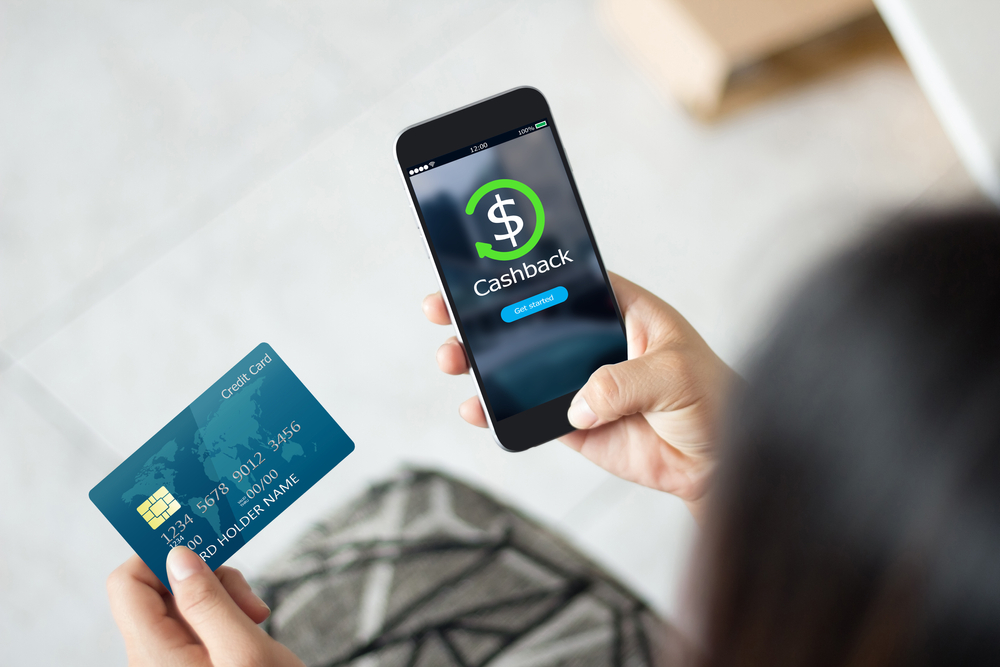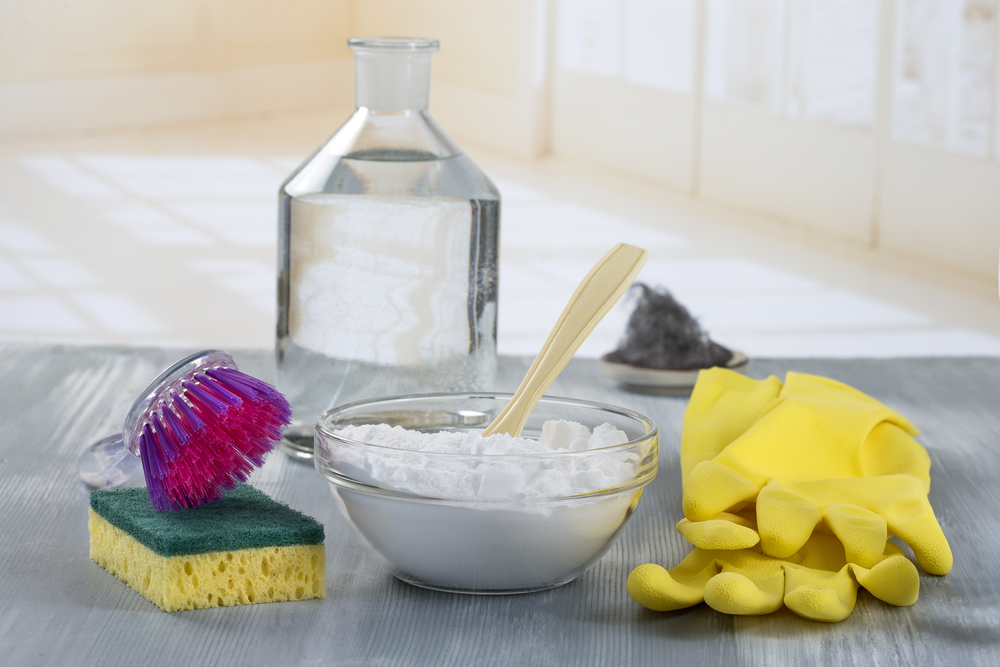Want to save some serious cash without feeling like you’re missing out? Here are some frugal habits you might not have heard of but should definitely know about. These tips are simple, smart, and can make a big difference in your wallet. Whether it’s setting up an invisible savings account or joining a local ‘Buy Nothing’ group, these habits help you save money and live more sustainably.
Contents
- 1 Invisible Savings Account: Out of Sight, Out of Mind
- 2 Thrift First
- 3 Join Your Local ‘Buy Nothing’ Group
- 4 Set a Purchase Wait Period for Yourself
- 5 Embrace the ‘One In, One Out’ Rule
- 6 Cash-back Apps for Everyday Purchases
- 7 Carpool to Work
- 8 Use Apps for Price Comparisons
- 9 Make Your Cleaning Products at Home
- 10 Cancel Subscriptions
- 11 Borrow Books Instead of Buying
- 12 Don’t Pay Interest
- 13 Be a One-Car Household
- 14 Sell Unused Items
- 15 Hang Dry Your Clothes
- 16 Borrow, Don’t Buy, Tools
- 17 Use Less of Everything
- 18 Digital Detox Days
- 19 More From RetailShout
- 20 Discover 16 Interesting Facts About In-N-Out Burger
- 21 Top 34 Barbecue Sides for Your Next Potluck
Invisible Savings Account: Out of Sight, Out of Mind

Creating an invisible savings account means setting up an automatic transfer to a savings account that you don’t regularly check. This method helps you save without the temptation to spend the money impulsively. By making your savings “invisible,” you build a financial cushion effortlessly. The benefit is a growing savings account that provides security and peace of mind for future needs.
Thrift First

Before purchasing new items, consider if you can find them used or second-hand. Thrifting saves you money and promotes sustainability by reducing waste. Explore online marketplaces, thrift stores, and garage sales for great deals. The benefit is acquiring what you need at a fraction of the cost while supporting environmental conservation.
Join Your Local ‘Buy Nothing’ Group

Joining a local ‘Buy Nothing’ group allows you to give and receive items within your community for free. This fosters a sense of community and reduces the need to buy new items. Participating in these groups helps you declutter your home and find items you need without spending money. The benefit is saving money while building stronger community connections.
Set a Purchase Wait Period for Yourself

Implementing a purchase wait period means waiting a set number of days before buying non-essential items. This practice helps curb impulsive spending by allowing time to reconsider the necessity of the purchase. By delaying gratification, you often realize you don’t need the item after all. The benefit is more thoughtful spending and increased savings over time.
Embrace the ‘One In, One Out’ Rule

The ‘One In, One Out’ rule means that for every new item you bring into your home, you must remove an existing one. This habit helps prevent clutter and encourages mindful consumption. It also promotes better organization and appreciation of what you already have. The benefit is a more orderly living space and reduced unnecessary spending.
Cash-back Apps for Everyday Purchases

Using cash-back apps for everyday purchases allows you to earn money back on items you were already planning to buy. These apps often provide deals and discounts, making shopping more economical. By integrating cash-back strategies into your routine, you save money effortlessly. The benefit is reducing your overall expenses and increasing your savings.
Carpool to Work

Carpooling to work reduces transportation costs and lowers your carbon footprint. Sharing rides with colleagues or neighbors can significantly cut down on fuel expenses and vehicle wear and tear. It also fosters social connections and makes commuting more enjoyable. The benefit is saving money while contributing to environmental sustainability.
Use Apps for Price Comparisons

Price comparison apps help you find the best deals and lowest prices on the items you need. These apps aggregate prices from various retailers, ensuring you get the most value for your money. By regularly using these apps, you can avoid overpaying for products. The benefit is maximizing your purchasing power and increasing your savings.
Make Your Cleaning Products at Home

Making your own cleaning products at home is cost-effective and environmentally friendly. Many household cleaners can be made using simple ingredients like vinegar, baking soda, and lemon juice. This practice reduces your exposure to harsh chemicals and decreases packaging waste. The benefit is saving money while maintaining a healthier home environment.
Cancel Subscriptions

Reviewing and canceling unnecessary subscriptions can free up significant amounts of money each month. Many people forget about subscriptions they no longer use or need. By regularly auditing your subscriptions, you ensure that you’re only paying for what you truly value. The benefit is reducing recurring expenses and increasing your available savings.
Borrow Books Instead of Buying

Borrowing books from libraries or friends instead of buying them can save you a lot of money over time. Libraries offer a vast selection of books, often including digital versions. This habit promotes reading without the cost of purchasing new books. The benefit is enjoying a wide variety of literature for free while supporting community resources.
Don’t Pay Interest

Avoiding paying interest by paying off credit card balances in full each month prevents unnecessary financial drain. Interest payments can accumulate quickly, increasing the overall cost of your purchases. By managing your credit responsibly, you keep more of your money. The benefit is more efficient use of your income and reduced financial stress.
Be a One-Car Household

Being a one-car household reduces vehicle expenses, including maintenance, fuel, insurance, and registration. This lifestyle change encourages the use of alternative transportation methods like biking, walking, or public transit. It also promotes a more active lifestyle and decreases your carbon footprint. The benefit is significant savings and a healthier environment.
Sell Unused Items

Selling unused items around your home can generate extra income and declutter your space. Online marketplaces and local buy/sell groups are great platforms for selling things you no longer need. This practice helps you make better use of your possessions and reduces waste. The benefit is earning money from items that would otherwise collect dust.
Hang Dry Your Clothes

Hang drying your clothes instead of using a dryer saves energy and reduces your electricity bill. This method is gentler on fabrics, extending the life of your clothing. It also reduces your household’s carbon footprint by lowering energy consumption. The benefit is cost savings and longer-lasting garments.
Borrow, Don’t Buy, Tools

Borrowing tools instead of buying them, especially for infrequent tasks, can save you money and storage space. Many communities have tool libraries or neighbors willing to lend tools. This habit encourages community sharing and reduces the need for personal ownership of rarely used items. The benefit is lower costs and less clutter in your home.
Use Less of Everything

Using less of everything, from household products to utilities, can lead to substantial savings. Simple changes like reducing water usage, turning off lights, and using less detergent can make a big difference. This practice not only saves money but also promotes sustainability. The benefit is lower expenses and a reduced environmental impact.
Digital Detox Days

Implementing digital detox days where you unplug from electronic devices can improve your mental health and reduce electricity usage. Spending time away from screens encourages more meaningful activities and social interactions. This habit helps you disconnect from the constant digital noise and recharge. The benefit is better mental well-being and potential savings on energy bills.
This article originally appeared on RetailShout
More From RetailShout
20 Foods with More Protein Than Eggs for a Nutrient Boost

Looking to add more protein to your meals? Eggs are great, but there are plenty of foods that can give you an extra protein boost, too. From shrimp to chickpeas, these delicious options will help you pack in those essential nutrients while keeping your meals varied and exciting. Read More.
Discover 16 Interesting Facts About In-N-Out Burger

In-N-Out Burger has a fascinating history filled with unique facts that have shaped the beloved fast-food chain. From the very first location opening in 1947 to creating the iconic Animal Style burger and the innovative drive-thru speaker system, In-N-Out has always stood out. Read More.
Top 34 Barbecue Sides for Your Next Potluck

If you’re gearing up for a potluck and want to bring something that’ll really wow the crowd, you’re in luck. From creamy dips and zesty salads to crunchy snacks and indulgent treats, there’s something here for every taste. Read More.






